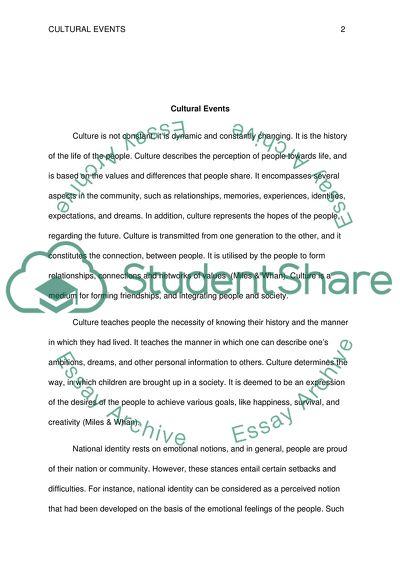Cite this document
(The Significance of Cultural Events Literature review, n.d.)
The Significance of Cultural Events Literature review. Retrieved from https://studentshare.org/culture/1738749-cultural-events
The Significance of Cultural Events Literature review. Retrieved from https://studentshare.org/culture/1738749-cultural-events
(The Significance of Cultural Events Literature Review)
The Significance of Cultural Events Literature Review. https://studentshare.org/culture/1738749-cultural-events.
The Significance of Cultural Events Literature Review. https://studentshare.org/culture/1738749-cultural-events.
“The Significance of Cultural Events Literature Review”. https://studentshare.org/culture/1738749-cultural-events.


